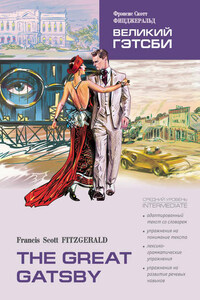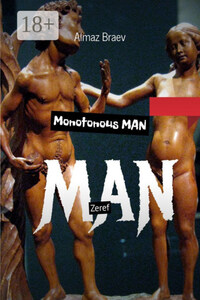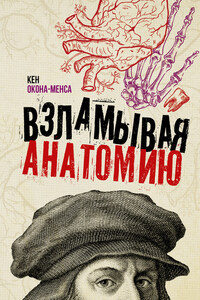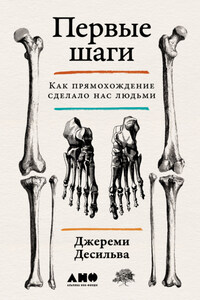In my younger and more vulnerable years my father gave me some advice that I’ve been turning over in my mind since then.
“Whenever you want to criticize any one,” he told me, “just remember that all the people in this world haven’t had the advantages that you’ve had.”
He didn’t say any more, but we’ve always understood each other without words, and I knew that he meant much more than that. As a result, I’m inclined to reserve all judgments1, that’s why many curious natures have opened their secrets to me; but also I became the victim of many experienced bores. In college I was unjustly accused of being a politician2, because I could keep the secret grieves of unknown men. I didn’t want most of the confidences – often I have feigned sleep, preoccupation, or a hostile levity when I realized by some unmistakable sign that somebody wants to reveal an intimate secret.
And, after boasting this way of my tolerance, I decided that it has a limit. When I came back from the East last autumn I felt that I didn’t want to look into the human heart anymore. Only Gatsby, the man who gives his name to this book, was an exception – Gatsby, who represented everything for which I have an unaffected scorn3. If personality is an unbroken series of successful gestures, then there wassomething gorgeous about him; some heightened sensitivity to the promises of life. He had an extraordinary gift for hope, a romantic readiness such as I have never found in any other person. No – Gatsby turned out all right at the end.
My family has been well-known, rich people in this Middle Western city for three generations. The Carraways are something of a clan, and we have a tradition that we come from the Dukes of Buccleuch4, but the actual founder of my line was my grandfather’s brother. I never saw this great-uncle, but everybody says I look like him because of his portrait that hangs in father’s office. I graduated from New Haven5 in 1915 and a little later I participated in the Great War. I enjoyed the counter-raid so thoroughly that I came back restless6.
The Middle West now seemed like the edge of the universe – so I decided to go East and learn the bond business. All my aunts and uncles talked it and finally said, “Why – ye-es,” with very serious, unsure faces. Father agreed to finance me for a year, and after all I came East, forever, I thought, in the spring of twenty-two.
The practical thing was to find rooms in the city. A young man at the office suggested that we take a house together in a nearby town. He found the house, a weather-beaten bungalow at eighty a month, but at the last minute the firm sent him to Washington, and I went out to the country alone. I had an old Dodge7 and a Finnish woman, who made my bed and cooked breakfast and muttered Finnish wisdom8 to herself over the electric stove.
It was lonely for a day or so until one morning some man asked helplessly the way. I told him. And as I walked on I was lonely no longer. I was a guide, a pathfinder, an original settler. And so with the sunshine I had that familiar feeling that life was beginning over again with the summer.
It was by chance that I have rented a house in one of the strangest communities in North America. Twenty miles from the city a pair of enormous eggs, identical in contour, were separated only by a bay. They are not perfect ovals but their physical alikeness, I think, is very confusing to the gulls that fly overhead.
I lived at West Egg, the – well, the less fashionable of the two. My house was at the very tip of the egg, and squeezed between two huge places. The one on my right was a colossal thing by any standard with a tower on one side, a marble swimming pool, and more than forty acres of lawn and garden. It was Gatsby’s mansion. My own house was an eyesore, but it was a small eyesore, and it had been overlooked, so I had a view of the water and a partial view of my neighbor’s lawn – all for eighty dollars a month.
Across the bay the white palaces of fashionable East Egg shone along the water, and the history of the summer really begins on the evening I drove over there to have dinner with the Tom Buchanans9. Daisy was my second cousin and I’d known Tom in college. And just after the war I spent two days with them in Chicago.
Her husband had been one of the most powerful fellows that ever played football at New Haven – a national figure in a way. His family were enormously rich – even in college his freedom with money was criticized – but now he’d left Chicago and come East in a fashion that rather took your breath away; for example, he’d brought down a string of polo ponies10 from Lake Forest.
Why they came East I don’t know. They had spent a year in France and then moved here. And so it happened that on a warm windy evening I drove over to East Egg to see two old friends whom I hardly knew at all. Their house was a cheerful red-and-white Georgian Colonial mansion, overlooking the bay. The lawn started at the beach and ran toward the front door for a quarter of a mile. There was a line of French windows in front and Tom Buchanan in riding clothes was standing with his legs apart on the front porch.








